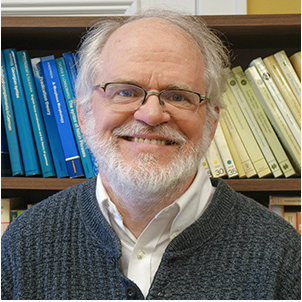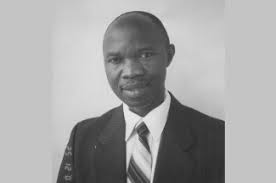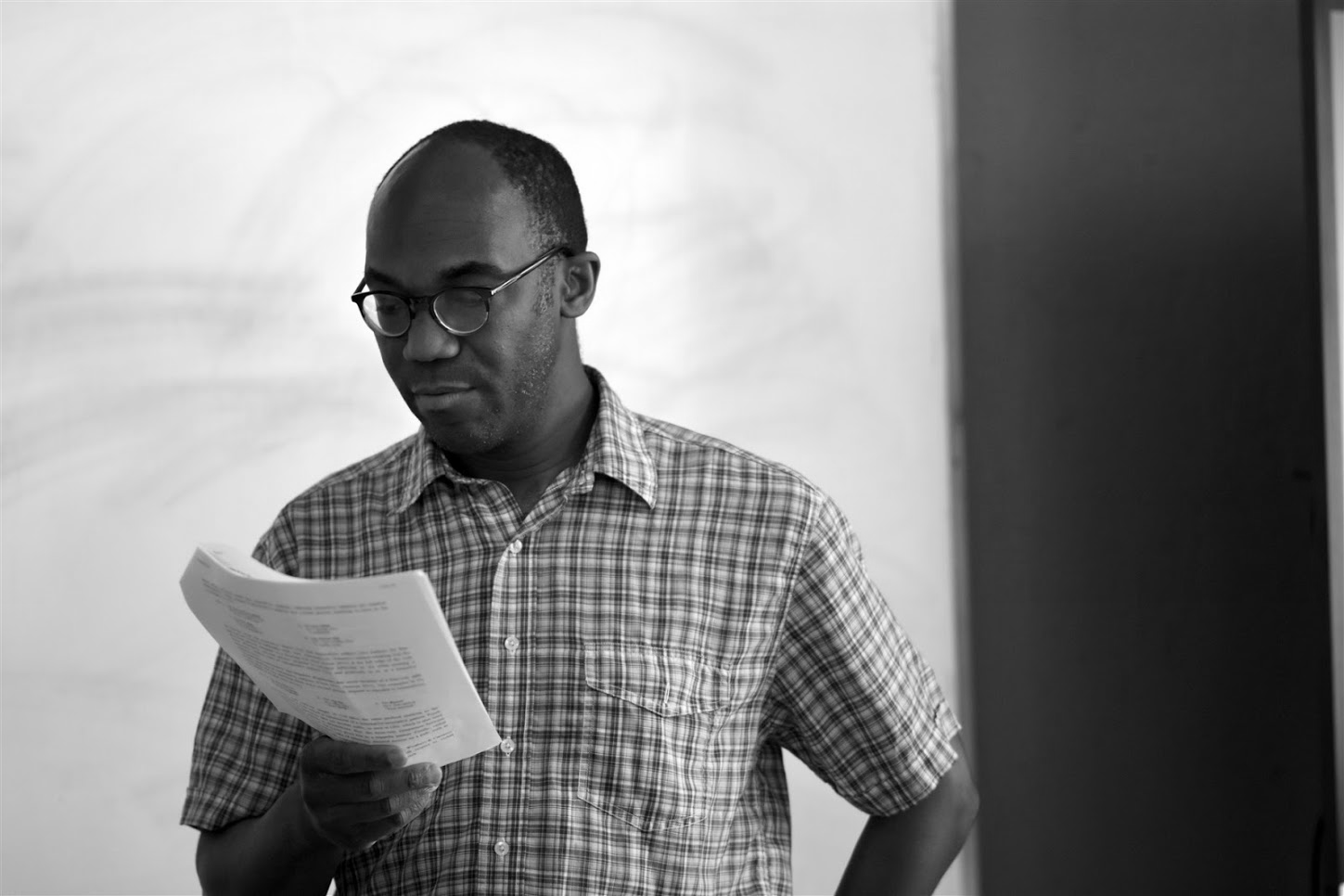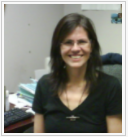![]()
New resources now online or soon to be
In 2021, a number of new data resources were developed by Afranaph despite a variety of obstacles special to the pandemic and specific to the PI. Several data sets were completed with enough follow-up to have been entered into the database including Oromo (from the DPPQR, Tamam Youssef, consultant) and data from Muyang AQR (Theodore Bebey, consultant). New versions of the Makaa AQR and CCQR were posted this year. The OMQR was designed by Michael Diercks was completed and posted this year on our “Become a Consultant” page. A new Case file was opened for Setswana with new data entered this year pursuant to joint work on complementizer agreement in Setswana and Ikalanga by Ken Safir and Rose Letsholo. Metadata in the database for a number of files was entered for the new data and some of it was revised by the Project Director.
Board of Directors expands
Four new members have joined the Board of Directors in the last two years. They are Mark Baker, Philip Ngessimo Mutaka, Patricia Schneider-Zioga and Harold Torrence. The Board will be charting the future of the Afranaph Project for the next several years.

Mark Baker is Distinguished Professor of Linguistics and Cognitive Science at Rutgers University. He received his Ph.D. in Linguistics in 1985 from MIT. He taught at McGill University in Montreal for 12 years before moving to Rutgers in 1998. He specializes in the syntax and morphology of less-studied languages, particularly those of the Americas, Africa, and Asia. He seeks to bring together generative-style theories, data collected from fieldwork on diverse languages, and typological comparison in a way that illuminates all three–an approach sometimes called Formal Generative Typology. One of his mottos is “Languages are all the same — but not boringly so.” Another is “The more languages differ, the more they are the same.” He has written five research monographs, numerous journal articles, and one book for a popular audience (The Atoms of Language, 2001). He is also interested in studying the human mind, including the possibility of nonbiological, dualistic approaches. For more information about Mark Baker, please visit his website.
 Ngessimo Mathe Mutaka is a full professor of linguistics at the University of Yaounde 1, Cameroon. He graduated at the University of Southern California Los Angeles, in 1990. His Ph.D. thesis entitled the Lexical tonology of Kinande (223p) has been published by Lincom Europa. He is the author of the Kinande-English Dictionary/ Dictionnaire Kinande-Français with late Kambale Kavutirwaki. The English version of this dictionary that comprises useful grammatical notes on Kinande is published on the Afranaph website. The French version will soon be available on the website of the Royal Museum for Central Africa (Tervuren, Belgium). His publications include An Introduction to African linguistics (317p), Research mate in African linguistics: focus on Cameroon. A fieldworker’s tool for deciphering the stories Cameroonian languages have to tell (360p), Building capacity: using TEFL and African languages as development-oriented literacy tools (193p), more than forty papers of linguistics published in recognized journals, and two books on AIDS prevention in both English and French.
Ngessimo Mathe Mutaka is a full professor of linguistics at the University of Yaounde 1, Cameroon. He graduated at the University of Southern California Los Angeles, in 1990. His Ph.D. thesis entitled the Lexical tonology of Kinande (223p) has been published by Lincom Europa. He is the author of the Kinande-English Dictionary/ Dictionnaire Kinande-Français with late Kambale Kavutirwaki. The English version of this dictionary that comprises useful grammatical notes on Kinande is published on the Afranaph website. The French version will soon be available on the website of the Royal Museum for Central Africa (Tervuren, Belgium). His publications include An Introduction to African linguistics (317p), Research mate in African linguistics: focus on Cameroon. A fieldworker’s tool for deciphering the stories Cameroonian languages have to tell (360p), Building capacity: using TEFL and African languages as development-oriented literacy tools (193p), more than forty papers of linguistics published in recognized journals, and two books on AIDS prevention in both English and French.
For more information about Ngessimo Mathe Mutaka, please go tohis website.
 Harold Torrence is a Professor of Linguistics at the University of California Los Angeles. His research has centered on wh-questions, relativization, focus, and complementation. He has conducted fieldwork in Senegal, Ghana, and Nigeria, in addition to ex-situ fieldwork in the USA. Torrence has worked on Atlantic languages such as Wolof and Bassari, Kwa langauges of the Ghana-Togo Mountain group and Central Tano, Lower Cross languages including Ibibio and Otomanguean and Mayan languages of Mesoamerica.
Harold Torrence is a Professor of Linguistics at the University of California Los Angeles. His research has centered on wh-questions, relativization, focus, and complementation. He has conducted fieldwork in Senegal, Ghana, and Nigeria, in addition to ex-situ fieldwork in the USA. Torrence has worked on Atlantic languages such as Wolof and Bassari, Kwa langauges of the Ghana-Togo Mountain group and Central Tano, Lower Cross languages including Ibibio and Otomanguean and Mayan languages of Mesoamerica.
For more information about Harold Torrence, please go to his website.
 Patricia Schneider-Zioga is an Associate Professor of Linguistics at CSUF. She received her Ph.D. in Linguistics from the University of Southern California. Her dissertation examined the syntax of clitic-doubling in Modern Greek. She continues to be fascinated by the syntax of agreeing constructions such as pronominal clitics and subject/verb agreement. Her Erdös number is 5. This number measures how distant she is in co-authorship from the prolific and collaborative mathematician Paul Erdös. The fact that linguists can have an Erdös number demonstrates that at least some linguists have cooperated with mathematicians in order to solve problems in the field of linguistics (or vice versa).
Patricia Schneider-Zioga is an Associate Professor of Linguistics at CSUF. She received her Ph.D. in Linguistics from the University of Southern California. Her dissertation examined the syntax of clitic-doubling in Modern Greek. She continues to be fascinated by the syntax of agreeing constructions such as pronominal clitics and subject/verb agreement. Her Erdös number is 5. This number measures how distant she is in co-authorship from the prolific and collaborative mathematician Paul Erdös. The fact that linguists can have an Erdös number demonstrates that at least some linguists have cooperated with mathematicians in order to solve problems in the field of linguistics (or vice versa).
For more information about Patricia Schneider-Zioga, please visit her website.
Afranaph Project funded for 2023
As the last three-year NSF grant comes to a close in August, 2022, surplus funding will still make possible additional support through August 2023. If there is no new funding at that time, Afranaph will continue its online presence indefinitely, but operations and new ventures will be contingent on additional monies. The basic assets of Afranaph will be unaffected regardless, since the website and the database are on commercial servers for a relatively small sum per year that is easily obtained. That means that everything on the site will still be available for new research and individual researchers can still seek to develop new data and collaborations with those consultants who are willing to be involved.
The Board of Directors Welcomes New Members
Dr. Philip Ngessimo Mutaka, University of Youandé 1 (retired) and Prof. Patricia Schneider-Zioga, California State Fullerton have been added to the Board of Directors for the Afranaph Project.
The Afranaph Project Secured Funding for 2020-2021
The Afranaph Project has funding for an additional year of full support for 2021-2022.
 News and Events
News and Events
